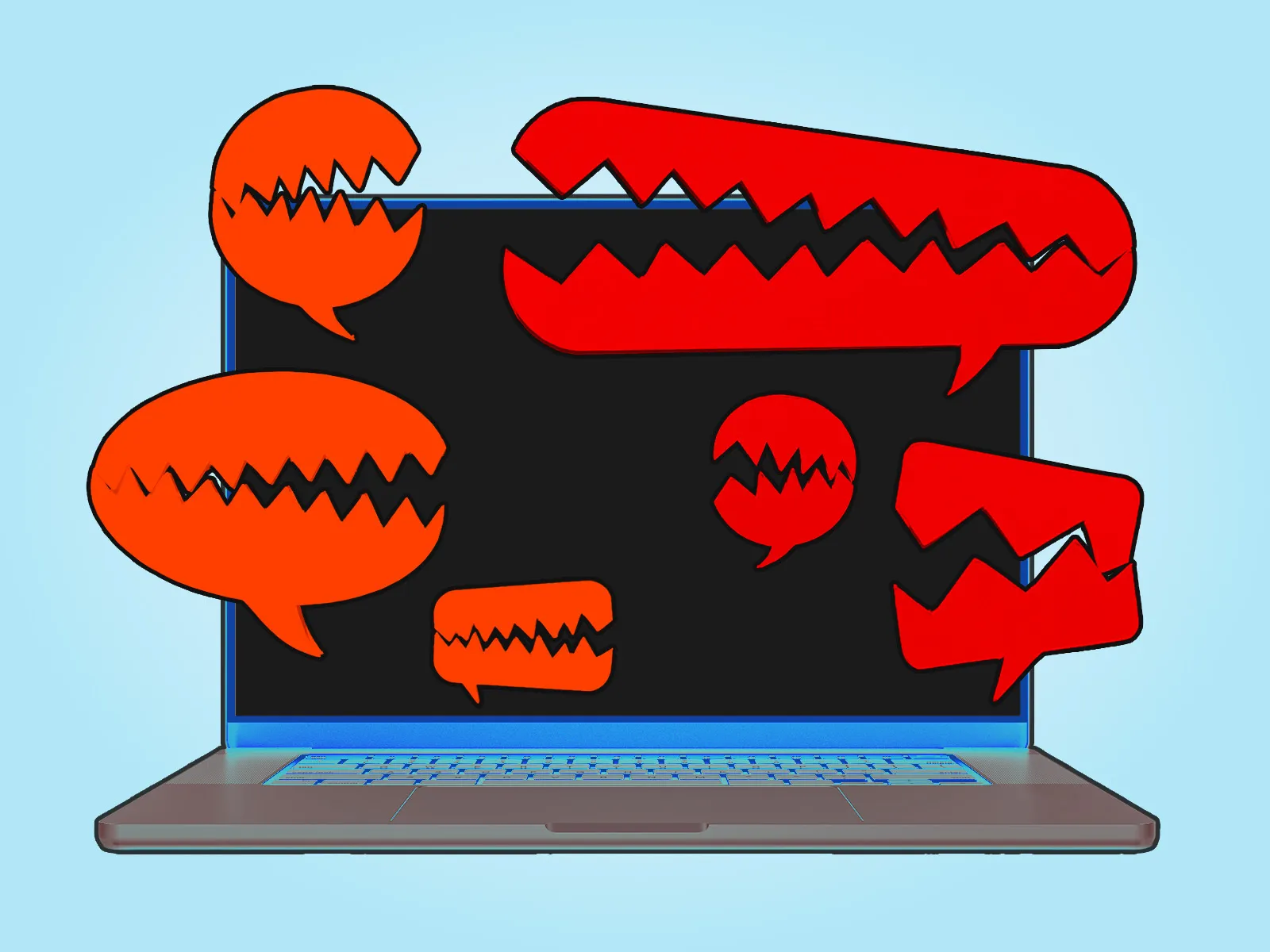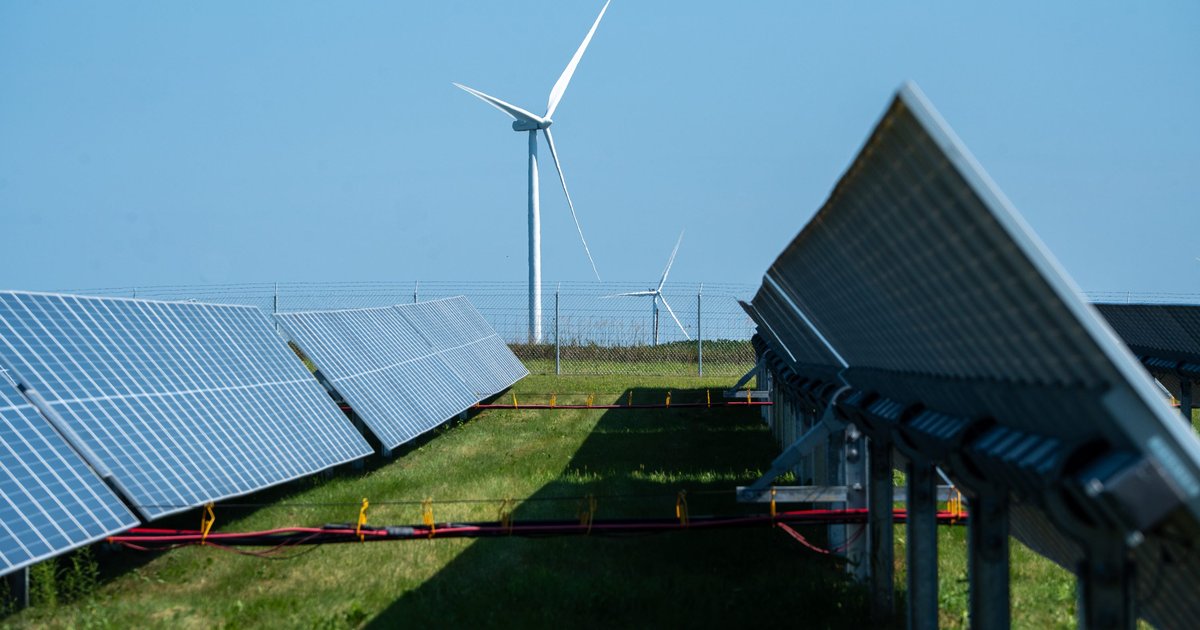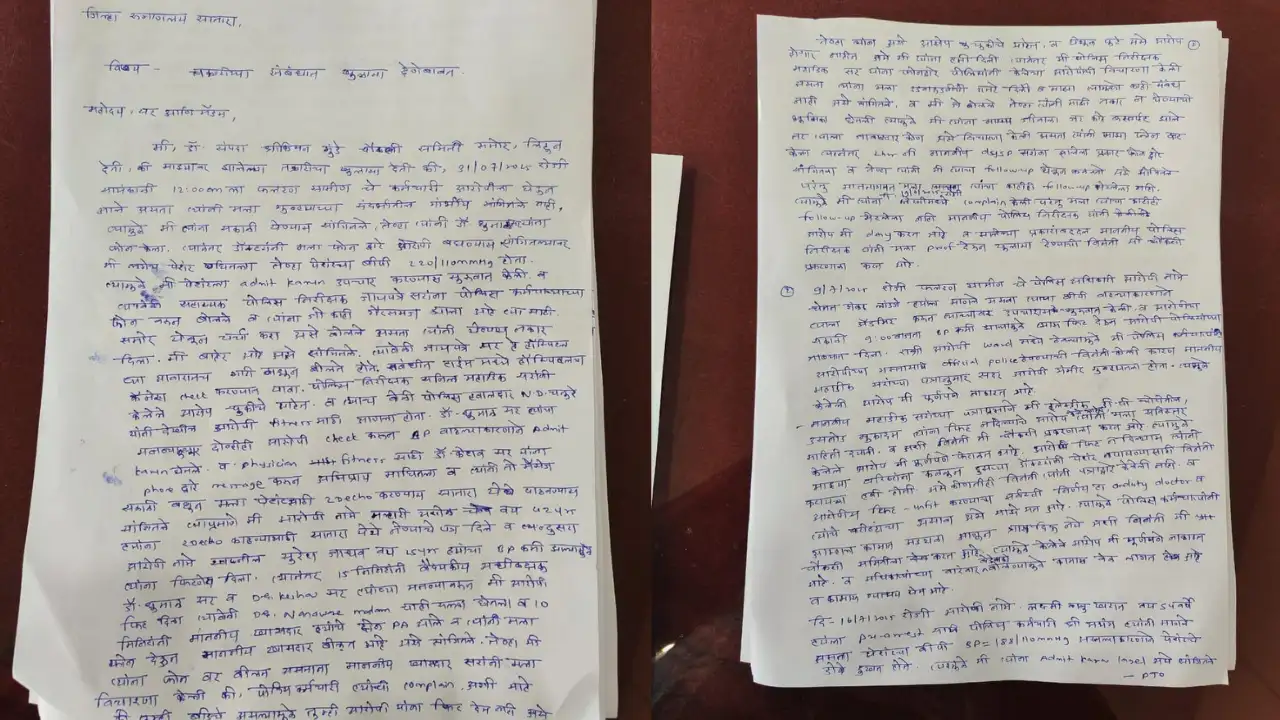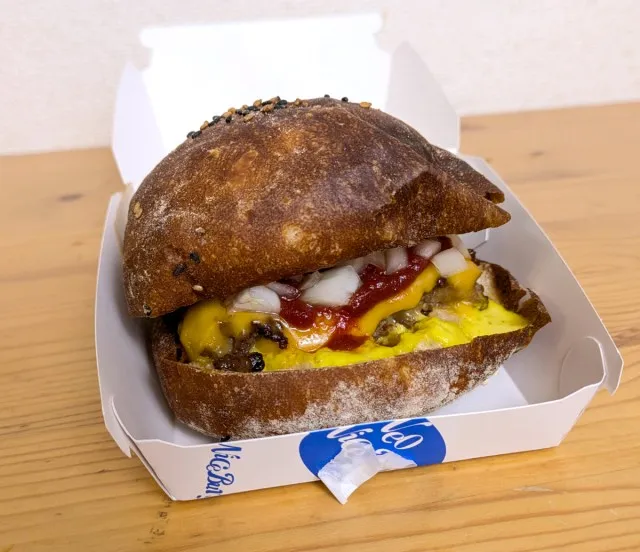Copyright talkingpointsmemo

On July 8, something happened to Donald Trump that I’ve not seen happen in the entire decade he has dominated presidential politics. As his base clamored for more disclosures about sex trafficker Jeffrey Epstein, his superpower — his ability to grab and redirect attention — briefly failed him. “Are you still talking about Jeffrey Epstein?” he whined when a journalist asked about the Justice Department’s decision to abort any further disclosure of documents related to the case. “This guy’s been talked about for years.” I’ve spent years tracking Trump’s favorite attention-management tactics, including in a 14-part podcast. And for several weeks in July, he cycled through all of them, attempting to focus attention somewhere other than Epstein. He tried polarization, claiming that the Epstein scandal, which his own aides and oldest son had stoked just months earlier, was instead just a Democratic hoax. He tried threats, attacking those who clamored for more. “I’ve lost a lot of faith in certain people,” he complained, “Some stupid Republicans and foolish Republicans fall into the net, and so they try and do the Democrats’ work.” Even after Deputy Attorney General Todd Blanche met with Epstein’s associate, the convicted sex trafficker Ghislaine Maxwell, conducting a scripted proffer designed to minimize her crimes, Trump was left offering up a list of things he wanted people to cover instead of his own ties to Epstein. The most successful ploy was the same one he has used since 2018, chanting Russia Russia Russia. On July 18, Director of National Intelligence Tulsi Gabbard renewed old complaints about the Russia investigation, screaming treason and blaming Barack Obama. It took 10 days, threats against right-wing influencers still focused on Epstein, and Gabbard’s conspiracy theory before Trump started to reclaim his ability to redirect the media’s attention. Two things had disrupted Trump’s superpower. First, after Trump’s top DOJ appointees — Attorney General Pam Bondi, FBI Director Kash Patel, and his deputy Dan Bongino – had fueled, then disappointed, MAGA’s demand for Epstein disclosures, the failure to fulfill their promises fed the conspiracy itself. By thwarting the conspiracists’ demands, Bondi, especially, created rifts and distrust in Trump’s own base. Conspiracy theories about Epstein were always non-falsifiable; the mob will never be satisfied. But Bondi made that dynamic worse. More important for understanding what happened in July: the very same online trolls who’ve been critical partners in Trump’s success managing attention were precisely the same people who had spun those conspiracy theories. There is a direct through-line from a relatively small set of social media accounts that helped Trump win the 2016 election to PizzaGate and, after that, QAnon. QAnoners played a key role in Trump’s 2021 insurrection attempt, and its adherents remain a substantial portion of Trump’s base. Since 2016, pro-Trump trolls’ exploitation of social media algorithms to redirect political news coverage — whether from legacy media or newer outlets — has disrupted traditional news cycles. The rise of a mob-driven distraction machine prevents independent journalists from being able to drive stories like we used to. Persistent true content is no longer enough to attract eyeballs and drive narrative, because people are flooding social media with conspiracies. And with so many of the stories I have covered, from the Russian investigation to January 6 to the Hunter Biden case, such troll-driven mobs have a demonstrable impact on the outcome. Such mobs were instrumental in discrediting legal outcomes that used to hold sway. By 2025, these trolling operations come in various shapes and sizes, from high-profile, well-known right-wing influencers, including Trump and his family, to anonymous accounts that nonetheless enjoy huge followings on Twitter. The January 6 investigation disclosed far-reaching networks of Twitter, Signal, and Telegram chats used to stoke election fraud conspiracies and plot the insurrection itself. Semafor earlier this year described a series of encrypted group chats that involved some 300 tech CEOs, venture capitalists and conservative media personalities, writing that “their influence flows through X, Substack, and podcasts, and constitutes a kind of dark matter of American politics and media.” But there’s one particular network of trolls, with an origin story that is unusually revealing of the way in which the partnership between Donald Trump and these right-wing, online armies can work. It reveals the backstory to some of the digital media manipulation that helped Trump first hijack politics in 2016. Back in 2015, the webmaster from the neo-Nazi Daily Stormer website, Andrew “weev” Auernheimer, worked to professionalize a group of trolls who had mastered mobbing in the GamerGate scandal — an online harassment campaign targeting women in the videogame industry. Starting in 2015 and building over the course of the 2016 primary and then general election, the trolls used Twitter and 4Chan listservs to coordinate techniques to demean Hillary Clinton, often by exploiting Clinton’s own messaging targeting women and people of color. In one campaign, #DraftOurDaughters, they hijacked Clinton’s messaging affirming women to spin the Democrat as a warmonger. The efforts also helped to make John Podesta files stolen by Russian spies go viral. I had been aware of the effects of the trolling — including the far greater impact from right-wing Americans than Russian trolls — during the election. But covering the 2023 trial of Douglass Mackey, an alt-right influencer charged with attempting to dupe Clinton supporters into voting via text message rather than casting ballots legally in the 2016 election, gave me new insight into the process. It provided a glimpse of how they coordinated behind the scenes. Mackey was convicted at trial, but this July, the Second Circuit overturned his conviction, finding that Mackey’s efforts did not amount to him knowingly joining a conspiracy to deprive Clinton supporters of their vote. A cooperating witness, who testified under the pseudonym Microchip, was sentenced to time served this August. Exhibits introduced at trial show that in late 2015, weev was tracking Mackey’s rising influence as a “polemicist.” Mackey, in turn, credited weev for “improving my rhetoric.” In early 2016, weev set out to “hand people a fucking manual for psychological loldongs terrorism,” his phrase for converting people to far-right views. Weev boasted, “honestly at this point i’ve hand converted so many shitlibs that like, i am absolutely sure we can get anyone to do or believe anything as long as we come up with the right rhetorical formula and have people actually try to apply it consistently.” This was about ideological conversion via algorithmically-backed trolling. The rhetorical techniques weev, Mackey, and the troll who testified as part of a cooperation agreement under the name Microchip were familiar, but effective. Repetition: “Crooked Hillary created ISIS,” over and over. Boosting such efforts with bot armies. Mimicking the look and feel of campaign messaging. Hijacking hashtags popular with their opponents, to “infect” the memes of groups outside of their silo. The trolls deliberately tried to get hashtags trending by early morning East Coast time, because that way, their own viral memes would become the subject of news stories at traditional outlets. They selected particular members of the Democratic base to target, like anti-war activists or “ragevot[ing]” supporters of Senator Bernie Sanders. They deliberately stoked rumors: “people aren’t rational. a significant proportion of people who hear the rumour will NOT hear that the rumour has been debunked,” one troll explained in dismissing concerns that launching false claims too early would make them easy to rebut. Cooperating witness Microchip freely admitted, at Mackey’s trial, that he had not been spreading true facts or rational arguments. Rather, he was simply trying to create conspiracies that would harm Clinton. “[Campaign chairman John] Podesta‘s emails didn’t, in my opinion, have anything in particular[] weird or strange about them,” Microchip described his work on getting WikiLeaks to go viral. “But my talent is to make things weird and strange so that there is a controversy.” He described the goal as causing “as much chaos as possible so that that would bleed over to Hillary Clinton and diminish her chance of winning.” The content of the emails Russia stole and released to help Trump win weren’t the source of the controversy. Rather, the trolling that used them as a prop was. Using bots and mob armies to stoke false controversies helped Trump win in 2016. It is how he has managed public attention ever since. The trial exhibits provide hints of the trolls’ coordination with the Trump campaign. In April 2016, far-right influencer Anthime Gionet — better known as “Baked Alaska” — invited Mackey to “join the Trump HQ Slack for more coordinated efforts?” And after Mackey’s conviction, in late 2023, Donald Trump Jr. suggested he and Mackey may have “gone back and forth on Twitter back in the old days and DMs” and “were put on lists” — like the ones introduced at trial “way back then.” One figure on the Twitter threads introduced at trial pushed WikiLeaks links at precisely the moments when WikiLeaks was pushing Don Jr. on his eponymous Twitter account to disseminate them broadly. On the day Trump sealed the Republican nomination, weev reflected, “it’s fucking astonishing how much reach our group here has between us, and it’ll solidify and grow after the general.” On the day Trump won the general election, Microchip — the cooperating witness — boasted, “WE ARE MAKING FUCKING HISTORY,” and proposed building a bigger bot army and using it to flip an EU election. These trolls had expansive designs of world conquest. In the 2000s, online media outlets and individual bloggers were able to drive news coverage, whether on the US Attorney scandal or the Scooter Libby case. When I’ve covered equivalent stories since, such as the John Durham investigation, online mobs of trolls now largely drown out such efforts, discrediting true, documented content. To my mind, weev and his acolytes pioneered tactics that would come to swamp efforts to sustain true narratives. And by 2020, efforts to troll the way to election victory became the central prong of Trump’s campaign. Of the most successful 20 peddlers of disinformation identified by Stanford’s Election Integrity Project, all were Trump aligned, and Trump and his two older sons both ranked close to the top of the list. Trump has built his power on an alliance with far-right online trolls who hijacked the attention of the American electorate using bots and algorithms feeding controversy. That effort has only accelerated since then, as Elon Musk took over Twitter and eliminated any checks on the ability of literal Nazis to exploit its algorithms. And as that brief window this July revealed, without the backing of his far-right trolls, even Trump can flail powerlessly, unable to fully grab and divert attention from his own failings.



